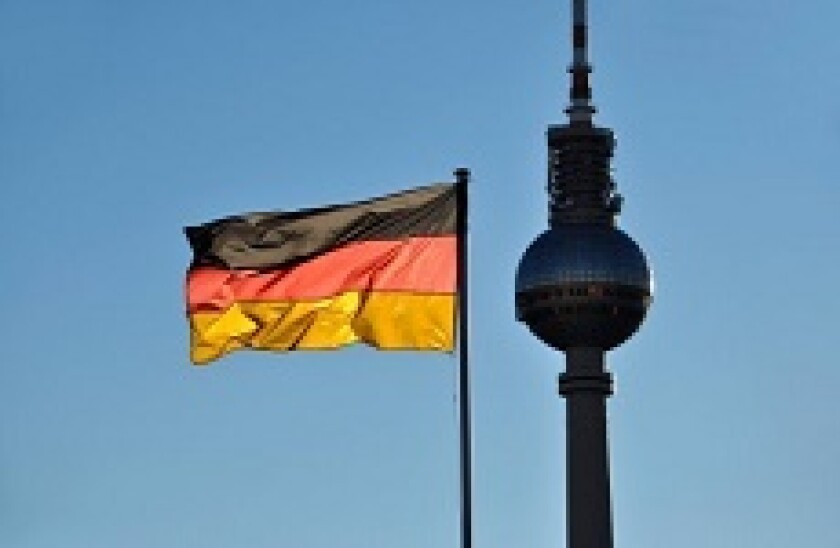German ECM revival on the cards in 2020

German equity capital markets are off to a flying start this year, buoyed by a rally in the DAX and renewed interest in European equities among US investors. There is renewed optimism about deals to come, including several of this year’s largest European IPOs.
Unlock this article.
The content you are trying to view is exclusive to our subscribers.
To unlock this article:
- ✔ 4,000 annual insights
- ✔ 700+ notes and long-form analyses
- ✔ 4 capital markets databases
- ✔ Daily newsletters across markets and asset classes
- ✔ 2 weekly podcasts
